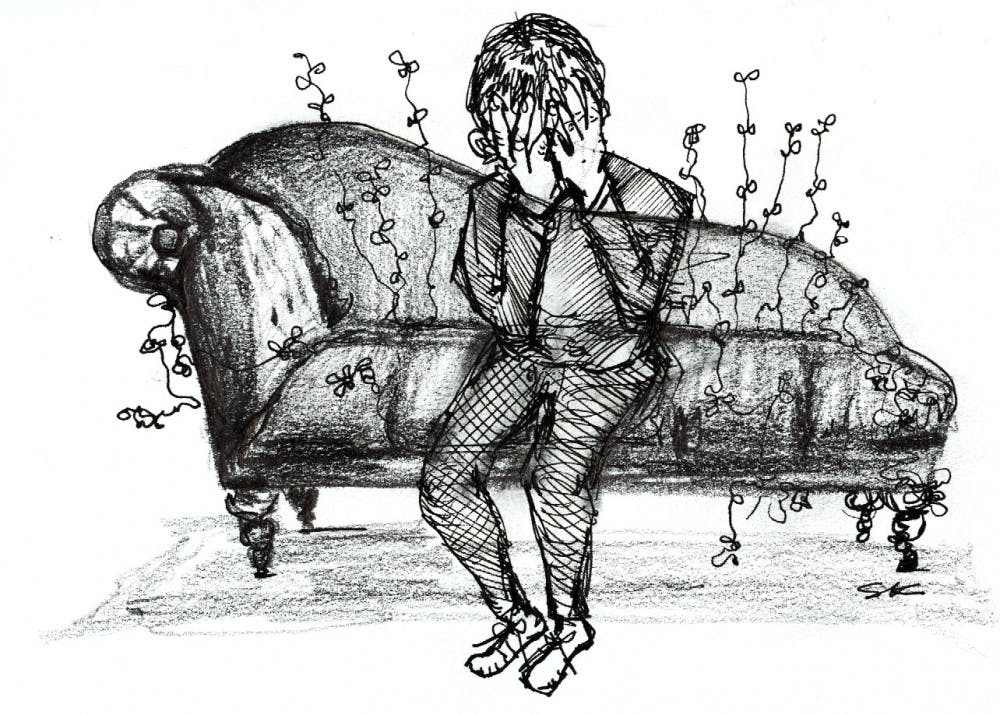Children with mental health disorders — particularly depression, anxiety and attention deficit hyperactivity disorder — are three times more likely to be identified as a bully, according to a recent study by University researchers in the Journal of Interpersonal Violence. The study shows that nearly 30 percent of children with mental health disorders bully other children, and over 30 percent of bullies have mental health disorders.
This study presents a new take on the discourse on bullying, which often focuses on the victims’ emotional and psychological trauma rather than the bullies’ mental health.
Frances Turcotte-Benedict, assistant professor of emergency medicine and lead author of the study, noticed that many youth in the emergency room suffered from depression, anxiety, chronic headaches and abdominal pain as a result of bullying, she wrote in an email to The Herald. She also observed “that some of those who admitted to bullying others suffered from mental health disorders.”
The study used data from the 2007 National Survey of Children’s Health to assess a total of 63,997 children ages six to 17, in which both parents and children reported whether the child never, rarely, sometimes, usually or always bullies or is cruel or mean to others. Mental health data from the survey also documented whether a doctor or health care provider ever diagnosed the child with depression, ADHD or anxiety.
The researchers chose these three mental health disorders because they are the most common in children, but “it is quite possible that other mental health disorders could be associated with being a bully,” Turcotte-Benedict wrote.
Depression and anxiety are associated with increased aggression, and children who are diagnosed with these mental health disorders can have a “certain way of perceiving the world and interpreting and responding to interpersonal relationships,” said Megan Ranney, assistant professor of emergency medicine and health services, policy and practice, who was not involved in the study. Post-traumatic stress disorder is also commonly linked with bullying, Ranney added.
Though the study does not explain whether bullying is a cause or a result of mental heath issues, it does highlight that “regardless of which came first … we need to provide both victims and perpetrators of bullying with mental health support,” Turcotte-Benedict wrote.
Both Turcotte-Benedict and Ranney said that follow-up longitudinal studies looking at the relationship between bullying and mental health could provide further insight into causation.
The results of this study promote ongoing efforts to restructure the foundations of anti-bullying programs, which often lack support for bullies, Turcotte-Benedict wrote. “We can make all the anti-bullying programs we want, but unless we acknowledge that bullies are also in need of support, we will never solve this dynamic problem.”
“Instead of pointing a finger and blaming ‘the bad kid,’ we need to understand why a child decides to bully another child,” she added.
Better coping skills and mental health screenings could help tackle the underlying issues identified by the study, Ranney said.





